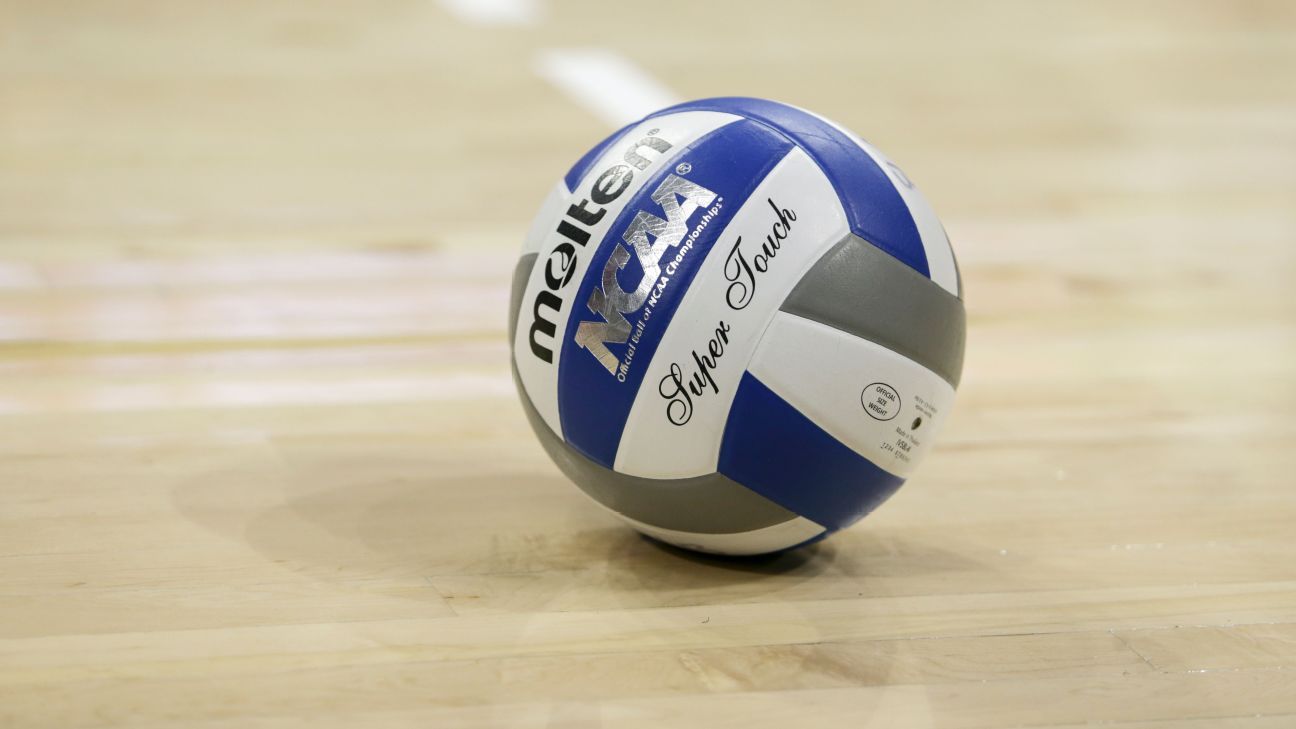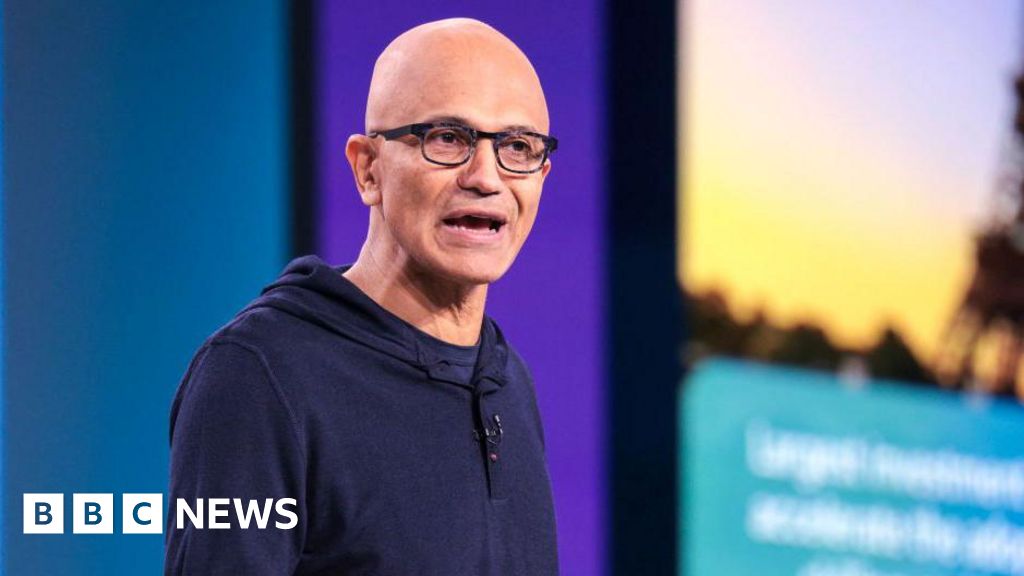
Marcel Louis-Jacques, ESPNOct 25, 2024, 02:05 PM ET
- Marcel Louis-Jacques joined ESPN in 2019 as a beat reporter covering the Buffalo Bills, before switching to the Miami Dolphins in 2021. The former Carolina Panthers beat writer for the Charlotte Observer won the APSE award for breaking news and the South Carolina Press Association award for enterprise writing in 2018.
MIAMI GARDENS -- For the first time in 42 days, Miami Dolphins quarterback Tua Tagovailoa stepped to the podium at the team's training facility on Monday. He had held the door open for a communications staffer, as he always does, before taking his familiar position in front of a group of media members.
He'd spent the past five weeks on injured reserve after suffering the third concussion of his NFL career on Sept. 12. Per NFL policy, players on reserve aren't required to speak to the media. Tagovailoa was technically still on reserve, but a team source said he opted to get his weekly news conference out of the way before his practice window opened in Week 8.
Tagovailoa was terse throughout the 13-minute exchange, admitting he had been frustrated by the process of going through concussion protocol for the third time in two years. He said he'd been absent of any concussion symptoms since Sept. 13, but the team placed him on IR so he could rest and allow his brain to heal.
He said he didn't like the decision to do so -- especially as Miami went 1-3 without him -- but understood the Dolphins' reasoning.
"What I do know is that I think the team did what was best in the interest of me," he said. "Knowing that I'm a competitor, and given what the doctors have told me that having a substantial amount of time to rest and recover would have been good for me, I think they did what was best in terms of protecting myself from myself."
On Friday, the Dolphins announced Tagovailoa would return for Sunday's game against the Arizona Cardinals (1 p.m. ET, CBS). His long road back to action was a cautious one. It featured visits with several neurologists to gauge the risks of continuing to play football. Though Tagovailoa says he has been symptom-free since the day after suffering the concussion, his stint on IR was the longest of his career. And now that he's set to return, his coaches and teammates are urging him to play smarter, including sliding more when scrambling.
"Well, how much risk do we take when we get up in the morning to go drive to work? Get into a car crash, I don't know," he said this week. "Every time we all suit up, we're all taking a risk that we could potentially get hurt, whether it's a concussion, a broken bone, anything. You get up off of the bed the wrong way, you potentially could risk you spraining your ankle.
"There's just risk in any and everything and I'm willing to play the odds, that's it."
TAGOVAILOA WAS BRIEFLY hospitalized after hitting the back of his head on the ground and suffering a concussion in a Week 4 game against the Cincinnati Bengals in 2022. The blow triggered a fencing response -- an unnatural posturing of the upper extremities that indicates a traumatic brain injury -- witnessed by a national audience on "Thursday Night Football."
He missed two games before returning to play in another nationally televised game against the Pittsburgh Steelers. In the first quarter of that game, he lowered his shoulder into linebacker Devin Bush as he finished off a 5-yard scramble. He did it again to pick up a first down in the third quarter.
"Coach, I'm sorry," Tagovailoa told McDaniel after the first hit he initiated. "I needed that."
He finished the game and went on to start the next 10.
In Week 16, however, his head hit the ground again against the Green Bay Packers. He was diagnosed with another concussion, which ended his season.
He spent 36 days in concussion protocol before being cleared after the season ended.
"For concussion protocol, I think the team did me the biggest service throughout that," Tagovailoa told USA Today in 2023. "They never allowed me to go through protocol normally until the season was done. So that's why it might have seemed like it took forever, but they were just protecting me from myself. And me and my family are very thankful to the Dolphins."
According to a team source, while the team did not explicitly shut Tagovailoa down for the remainder of the 2022 season, he and the team never discussed a timeline to return -- an effort to keep his focus on resting, not a quick progression through protocol.
When asked, McDaniel said the events of that 2022 season would not influence how Tagovailoa was handled in 2024.
"It's important to approach each and every situation much like you approach every injury, which is basically, 'We're going to handle this particular situation with this particular player,'" McDaniel said the night Tagovailoa was injured in September. "Every situation is unique to its own. I think for me, I'm not worried about anything that's out of my hands in terms of I'm just worried about the human being. And he'll drive the ship when we get the appropriate information. But it's day-by-day health, really. Try to approach all that stuff that way, particularly with concussions."
BASED ON MEDICAL recommendations, Tagovailoa and the Dolphins did not set a specific amount of time that he needed to miss, but they knew he needed rest.
Those recommendations led to the team's Sept. 17 decision to place Tagovailoa on injured reserve, which mandates a player miss at least his team's next four games.
"The medical experts deemed that he would be best served with time," McDaniel said Monday. "And in terms of the roster and equating what that timeline looked like, it was a little unknown, and so when the brain's health will be determined by the time, you make that decision. Each concussion is unique to its own, but that's why you have to really rely upon people that study the brain for a living and that was the driving force (behind the decision)."
McDaniel refused to place a timeline on Tagovailoa's return in the immediate aftermath of his quarterback's injury. One benefit of injured reserve, he said, is it removes the temptation to return before four games.
It was a consistent message from McDaniel not just to the public, but to Tagovailoa as well.
"All the science behind concussions tells you what we've learned is how delicate the time is right after an injury and how important it is that you don't institute extra sources of anxiety," McDaniel said. "So from my vantage point, I feel it's supremely important in understanding that, and that I'm not giving off any sort of vibes. I'm not trying to even look at, 'OK well, how serious is this relative to his past ones?'
"For me, I absolutely positively will not do anything to make anything worse or hurt any one of our players, specifically guys that are in concussion protocol ... There's a lot of fans and there's a lot of people that want to support, but quite literally, questioning timelines -- that gives forth anxiety. Trying to meet them, trying to assess what this means for playing."
Ten days after his injury, Tagovailoa traveled with the team for its game against the Seattle Seahawks and watched the game from the sideline, as injured players often do; however, that's something he did not do during his previous stint in concussion protocol in 2022.
He said he was asymptomatic dating back to the day after he was diagnosed, but was instructed by the team to rest during his first week on injured reserve -- McDaniel, specifically, told him to focus on being a husband and a father to his two young children.
Tagovailoa said he briefly considered retirement after the 2022 season, and several former players urged him to reconsider immediately following his concussion in September. When asked about the possibility of Tagovailoa's retirement on Sept. 13, McDaniel said it wasn't his place to speculate.
"I think it would be so wrong of me to even sniff that subject," he said. "His career is his."
A team source told ESPN that none of the neurologists Tagovailoa consulted recommended retirement, nor did they express concern he was at greater risk of additional injury after giving his brain time to heal. Tagovailoa said Monday that he never considered retirement this time around.
Chris Nowinski, the co-founder and CEO of the Concussion Legacy Foundation, said there is no universal amount of time a concussed player must rest before being deemed healthy, but Tagovailoa's monthlong stay on IR was longer than most players receive.
0:45
Yates: Tua Tagovailoa is among the top streaming QB options in Week 8
Field Yates explains why he has Tua Tagovailoa as a top streaming quarterback option in Week 8.
"A month off is a significant amount of time off," he said. "The question is trying to predict the future and trying to play this out, because he comes back in a month and hopefully his brain is recovered, hopefully he doesn't get unlucky with a big hit and he finishes the season and everyone's happy.
"But if he gets another concussion this season, the question in this discussion gets even harder."
Given Tagovailoa's lack of concussion symptoms, the Dolphins opened his practice window when he became eligible in Week 8. Prior to his return Sunday, the team and Tagovailoa's teammates have emphasized to him the importance of protecting himself -- with an emphasis on him sliding and getting out of bounds during scrambles.
"Nobody -- no one's sort of advice had affected anything that I thought in terms of returning, so no one had an effect on it," Tagovailoa said. "Had some conversations with my wife, but that was it."
Nowinski said there are very few "black and white" signs that would move a doctor to medically recommend that a player should retire. Among them are brain atrophy -- which he said is uncommon for someone in their 20s -- and persistent concussion symptoms.
That's not to say there are no long-term effects.
"The real retirement question every NFL player should be having though, is with how comfortable they are with developing chronic traumatic encephalopathy (CTE)," he said. "The studies are clear that the longer you play and the more hits you take, the greater your odds of developing CTE."
MCDANIEL SUCKED HIS TEETH Monday when reminded of Tagovailoa's first game back from concussion protocol in 2022.
His message to his quarterback this time around offered a callback to Tagovailoa's sideline comments two seasons ago.
"My answer would be, 'You don't need 'that one' this time around,'" McDaniel said, referring to Tagovailoa feeling the need to take a hard hit after returning from a concussion in 2022. "And I think it's been eye-opening. ... He's just in a different place as far as a leader of this team and feels tremendous responsibility to do everything in his power to be on the field, so part of that is protecting yourself. I've got to make sure that he's properly protected, but at the same time I can't control everything and he has to be able to protect himself -- regardless of the first-down conversion that he's trying to get."
Tagovailoa acknowledged his responsibility to protect himself, saying it requires him to change a part of his aggressive playing style that dates back to high school, when he was the top-ranked dual-threat quarterback in the nation. That means sliding, getting out of bounds -- whatever helps him avoid contact, when possible.
His teammates agree.
"Damn right, tell his ass all the time," wide receiver Tyreek Hill said Wednesday. "S---, when we were playing against the Colts, you see the fans start clapping for [Colts quarterback] Anthony Richardson when he slid. I said our fans need to clap for Tua, make him slide. We need you, bro, next play.
"That s--- is real, it's real. We love him. From brother to brother, we love him. Like he's a huge part of this team."
While Tagovailoa's stay in concussion protocol is technically longer than any of his previous stints, his progression through protocol was slowed by league rules.
Players cannot clear protocol without being a full practice participant, and players on injured reserve are not allowed to practice until they've missed at least four games.
Tagovailoa will not wear a Guardian Cap upon his return, which is worn on top of a player's helmet and is meant to minimize the risk of sports-related concussions. The NFL said it saw a 50% decrease in concussions once its players began using them in 2021 -- but a peer-reviewed study published in the Journal of Athletic Training said the data behind the NFL's claim has never been published, and the additional protection provided by Guardian Caps is marginal, at best.
Nowinski, who earned a doctorate degree in behavioral neuroscience from Boston University, said the upside of wearing a Guardian Cap is "not proven" and the 1.5-pound cap would actually make Tagovailoa's head more likely to strike the ground.
Tagovailoa did not offer insight into why he won't wear one, calling it a "personal decision."
Tagovailoa wears the Vicis Matrix QB helmet, which is specifically designed for quarterbacks. A jointly performed laboratory test run by the NFL and NFLPA found it to be safer than wearing a normal helmet with a Guardian Cap atop it.
Nowinski said it's difficult to say a player is more susceptible to concussions after suffering one.
"The science on that is not strong," he said. "So we say that in general, you look at individual cases and overall trends, you become more susceptible to additional concussions the more concussions you have. But it's not a straight line for everybody. And the severity of each concussion is not a straight line for everybody."
Tagovailoa said he's willing to assume the risks. He said he hasn't paid attention to any speculation outside the Dolphins' facility, but he was asked Monday for his message to fans who were genuinely concerned for his health.
"I appreciate your concern, I really do," he said. "I love this game and I love it to the death of me. That's it."

 German (DE)
German (DE)  English (US)
English (US)  Spanish (ES)
Spanish (ES)  French (FR)
French (FR)  Hindi (IN)
Hindi (IN)  Italian (IT)
Italian (IT)  Russian (RU)
Russian (RU)  2 hours ago
3
2 hours ago
3






Comments
Get the most out of News by signing in
Sign In Register